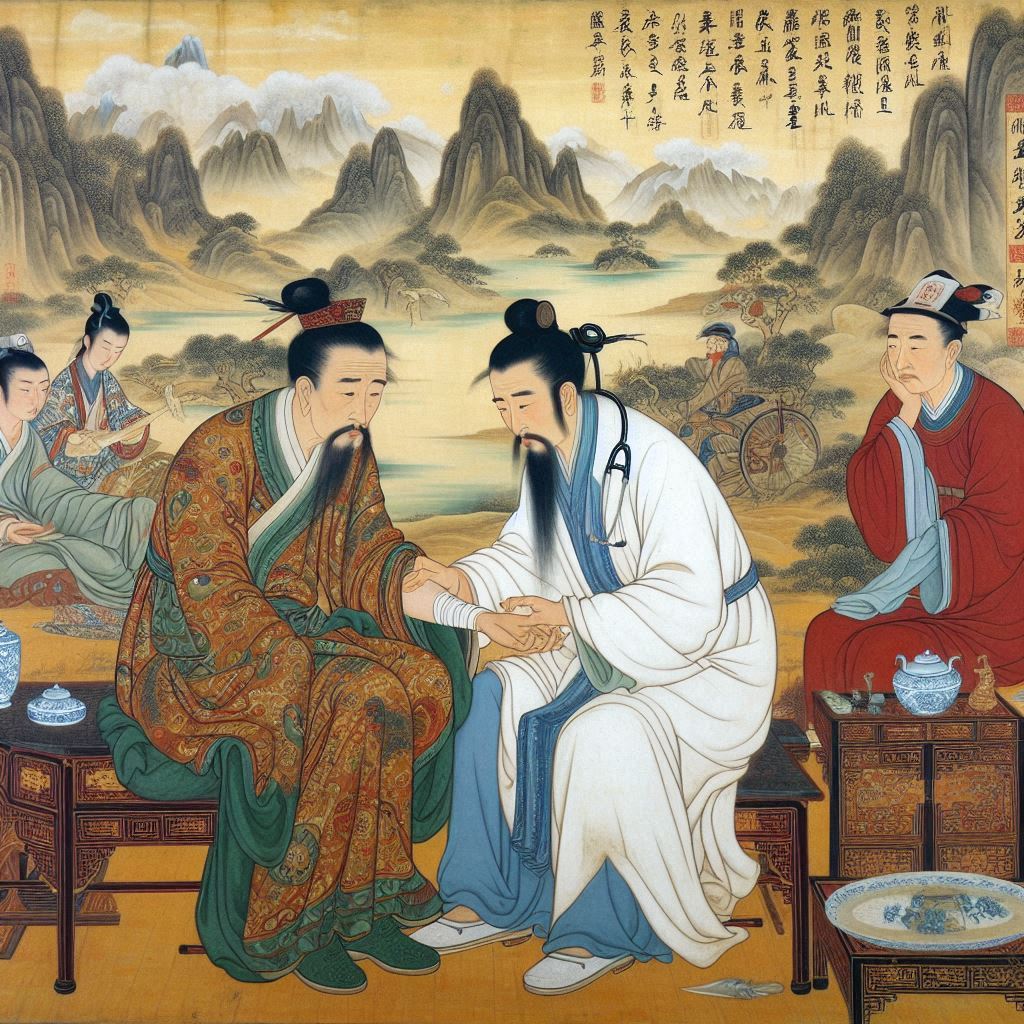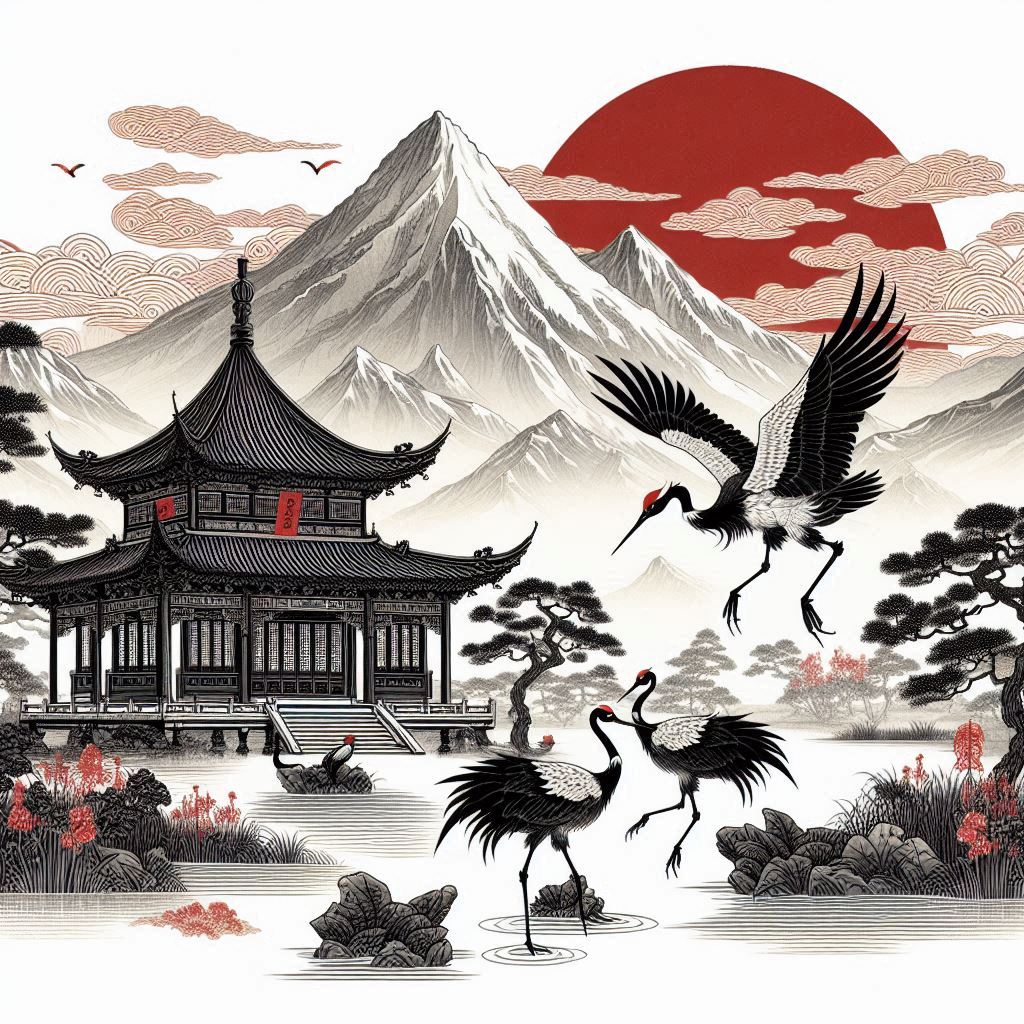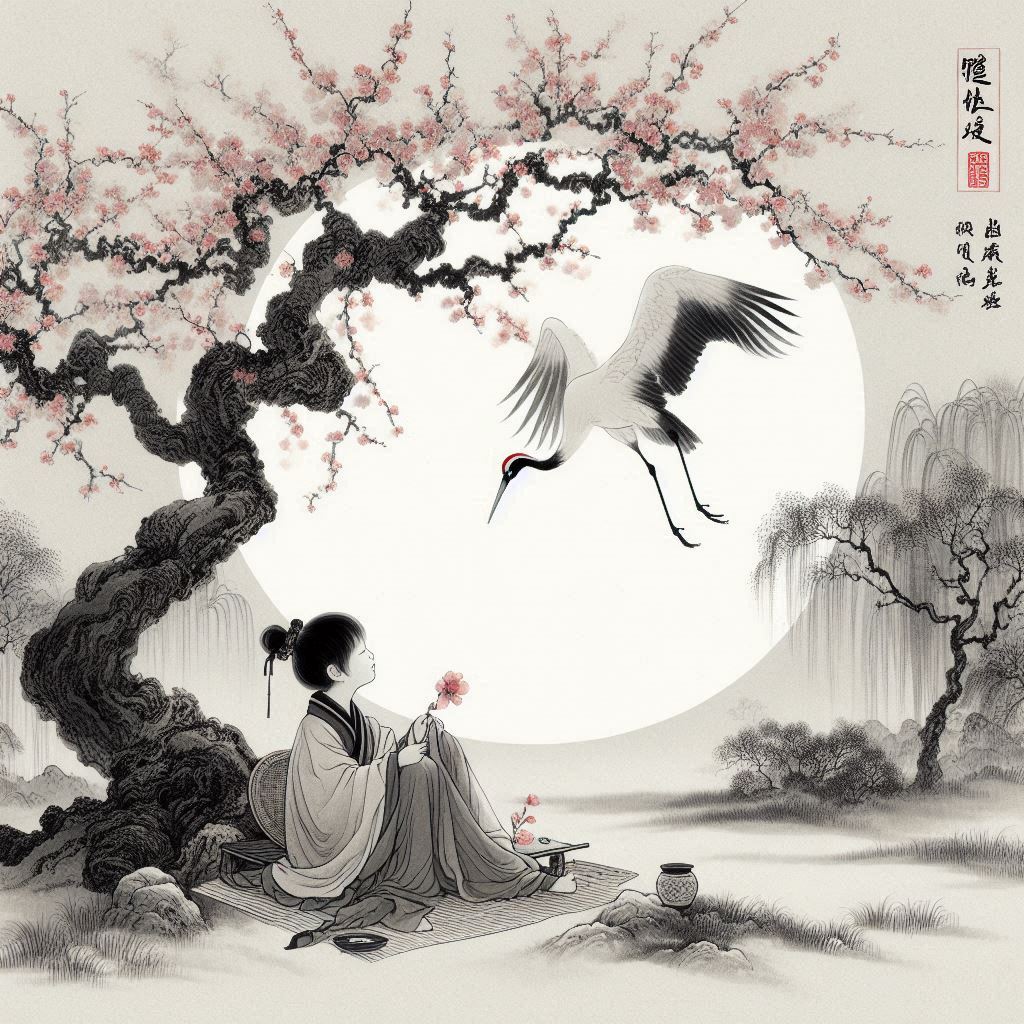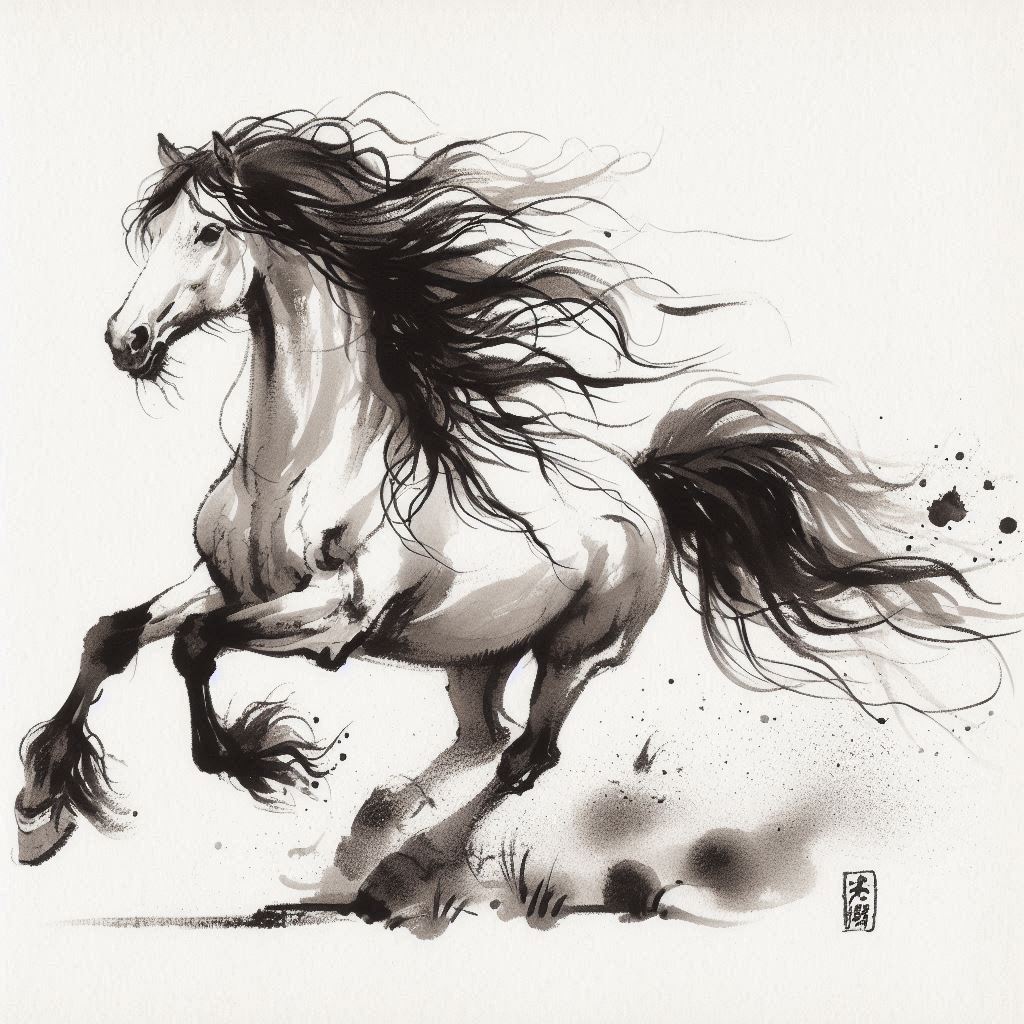In traditional Chinese medicine the concept of the Spleen differs from the understanding of the spleen in Western medicine. In TCM main function of the Spleen is the transformation of food into "food essence". The symptoms of an imbalanced Spleen point to imbalance in the digestion. So in order to avoid confusion whenever we refer to the Spleen in this project we will consider the collective work of organs and systems that participate in the transformation and transportation of nutrients and fluids, rather than solely focus on the organ spleen as defined in Western science(1).
As mentioned above the function of the Spleen in traditional Chinese medicine is to transform food into "food essence" and then transport and deliver the food essence to the rest of the body(1)(2)(3). In Western medicine the transformation of food into nutrients is governed by the digestive system, which incorporates the stomach, the intestines, the pancreas, the liver, and the gallbladder. In traditional Chinese medicine the Liver, the Gall Bladder, the Small Intestine and the Large Intestine belong to other organ partnerships and other Elements while the Stomach is the partner organ of the Spleen. Thus there is only one organ left that could represent “the Spleen” - the pancreas. Yet to refer to the Spleen as another name for the pancreas does not cover the full spectrum of what "the Spleen" in TCM is, as the Spleen in TCM has a wide range of functions (the transformation and transportation of nutrients and fluids). Thus if we look for the Spleen from the perspective of Western science we also need to think of the small intestine as it also participates in the digestion (the pancreas secretes digestive enzymes into the small intestine where the absorption of nutrients takes place). The liver and the gallbladder also participate in the digestion by producing and storing bile. Therefore the liver and gallbladder also have some relation to the Spleen. Furthermore the lymph (which is part of a completely different system in Western science) transports nutrients to the cells and manages the fluid levels of the body. So it seems impossible to assign one specific organ or organ system to what is conceived as "the Spleen" in TCM. Therefore it seems most helpful to rather think about group of organs and systems that work together to transform and transport nutrients and fluids.
The major task of the Spleen - the transformation of food into "food essence", Qi and blood(1)(2)(4) - is difficult and complicated, and takes a lot of energy on its own to take place. Therefore if one is overworked and/or malnourished(4) (which is something common for the contemporary person) the Spleen will become deficient, its transformative function will become deficient, which will lead to deficiency of Qi and blood(1).
Since the Spleen needs a lot of energy for its transformation and transportation functions it likes warm temperature and sweet taste as they both give energy. Therefore it is always beneficial to warm our food before we consume it and to create a rule to never consume food or drink colder then room temperature(3). Raw fruits and vegetables also have “cold nature” therefore people with weak digestion and poor energy should cook all raw food before consuming it.
Although the Spleen likes sweet taste as it gives energy, too much sweet taste will have the opposite effect on the Spleen and take energy away. Therefore sweet foods should be consumed moderately and white sugar and its products should generally be avoided as they generate "dampness", which itself slows the digestion down.
Apart from transporting "food essence", the Spleen also controls the transformation and transportation of fluids(1)(3). If the Spleen is weak and the transportation of fluids is impaired “internal dampness” may generate. Symptoms include tiredness(3), edema(2)(3), lack of energy, and loose stools(4) as the nature of dampness is to slow processes down and to make things sluggish. Therefore besides the warm temperature and the sweet taste that the Spleen likes, as they give energy, the Spleen also likes dryness(3).
Since the Spleen transports blood and Qi to the tissues of the whole body, a weak Spleen will lead to weak muscles, particularly weak limbs(1)(3). Internal dampness – a chronically weak Spleen - manifests in sensation of heaviness of the head and limbs(4).
In TCM the Spleen opens to the mouth and manifests in the lips(1)(2)(3). A healthy Spleen will give a clear distinctive taste in the mouth while a deficient Spleen will manifest in a sticky(1)(3) taste if there is dampness(1).
On a mental level the Spleen governs the thought. Thus any mental processes such as thinking, concentrating, studying, and focusing are governed by the Spleen(3). People with healthy Spleen are generally active, practical, and responsible, they study well and memorise efficiently. People with unhealthy Spleen tend to have “busy mind”, overthink and manifest “stuck behaviour”. When there is accumulated dampness in the Spleen the thoughts take the quality of the dampness and become "sticky" and oppressive.
YS
(1) Zhang, Enqin (1990). Basic Theory of Traditional Chinese Medicine. Shanghai: Publishing House of Shanghai College of Traditional Chinese Medicine
(2) Yang Weiyi, Meng Fanyi, Jiang Yuanan(2002). Diagnostics of Traditional Chinese Medicine. Beijing: Beijing University of Chinese Medicine and Pharmacology
(3) Maciocia, Giovanni (1989). The Foundations of Chinese Medicine. Edinburgh: Harcourt Publishers Limited
(4) Deng Liangye, Gan Yijun, He Shuhui, Ji Xiaoping, Li Yang, Wang Rufen, Wang Wenjing, Wang Xuetai, Xu Hengze, Xue Xuiling, Yuan Jiuling (1987). Chinese Acupuncture and Moxibustion. China: Foreign Languages Press
Related Articles:
The Spleen and the emotion pensiveness
The Spleen, the season late summer, and foods during late summer that benefit the Spleen
Herbs that tonify Qi and benefit Spleen Qi deficiency
Herbs that treat dampness and benefit dampness in the Spleen
Herbs that clear heat and dry dampness
Please read our Disclaimer









